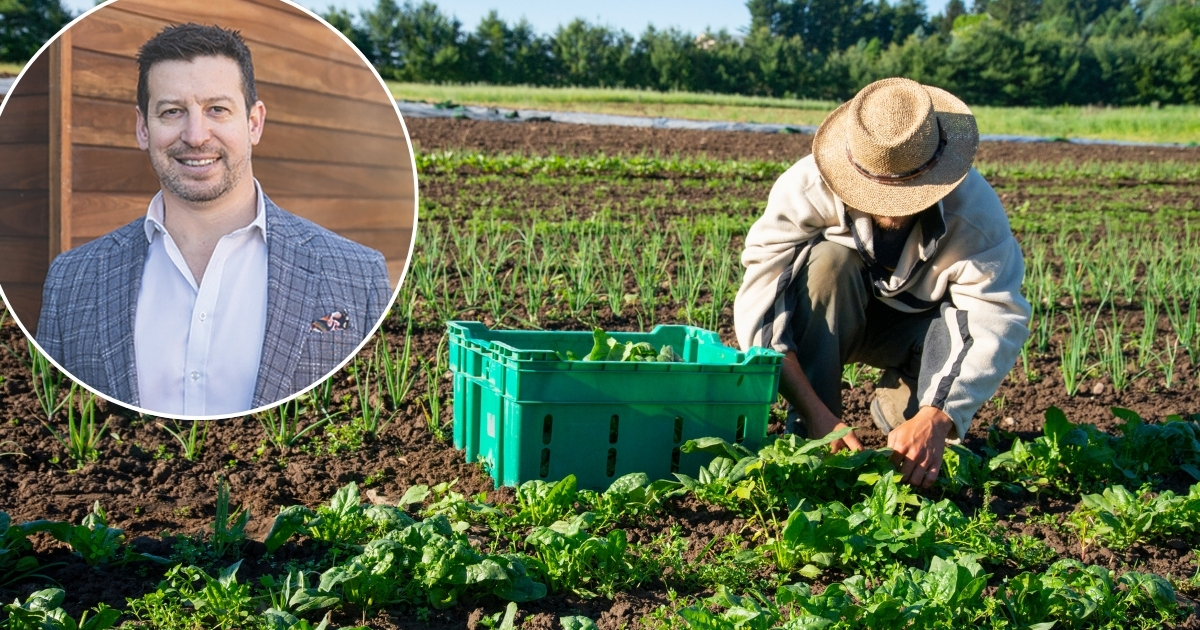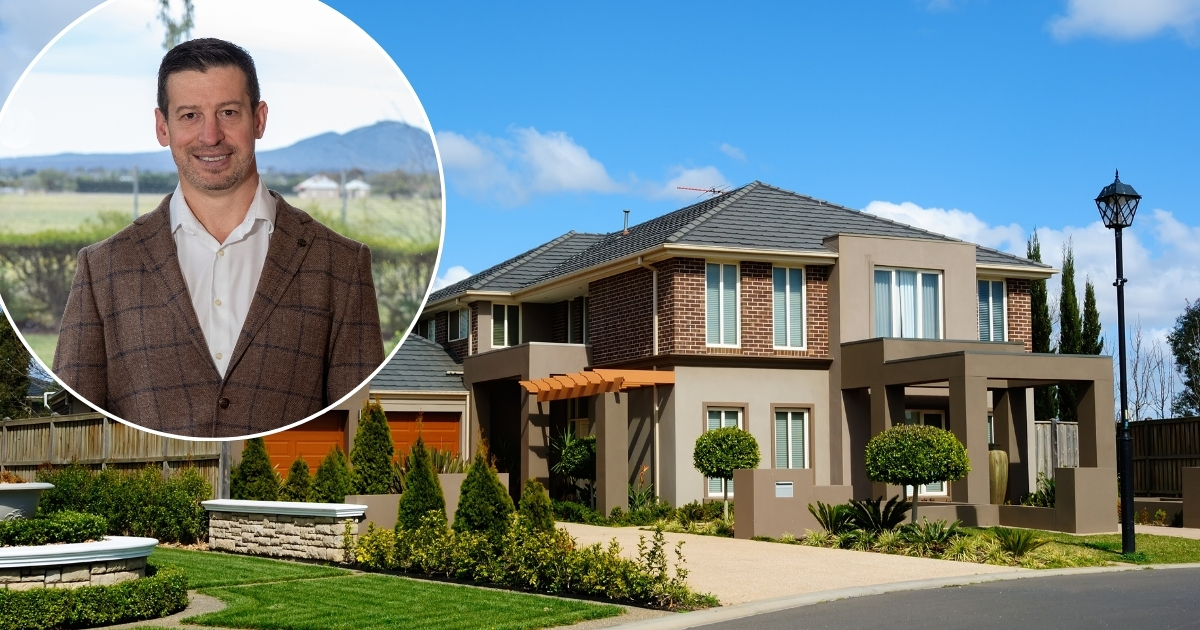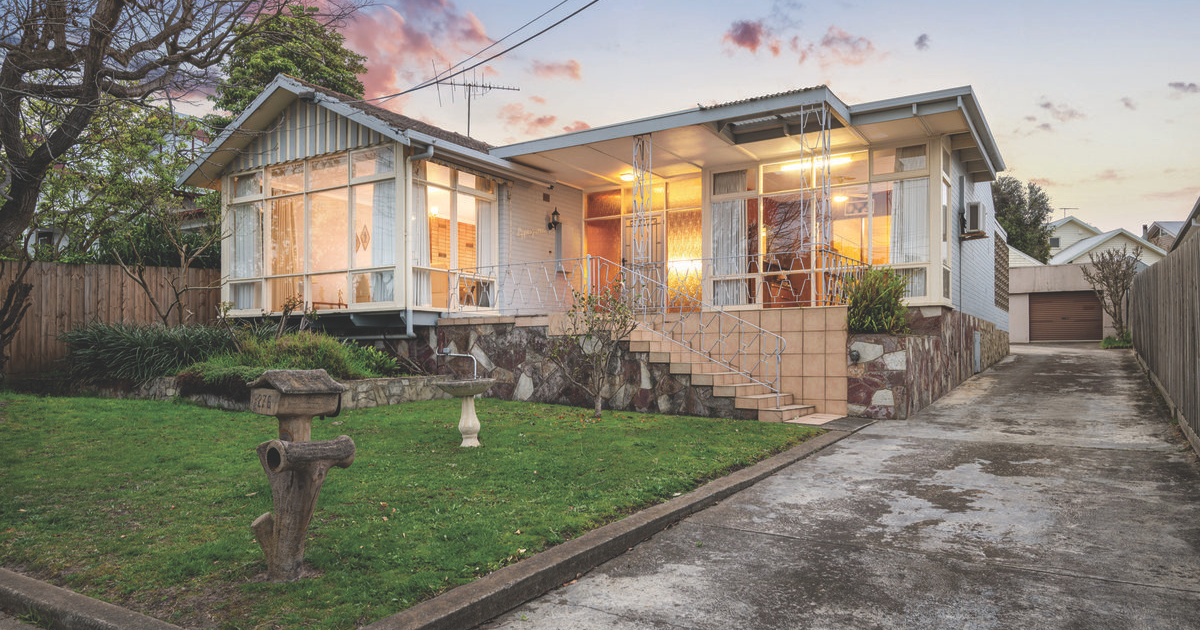Who will grow our food?
THE biggest challenge for our time isn’t Trump, tariffs, taxes, house prices, or even AI. The real challenge will be food security. As one of the few nations that make more food than we consume, the changes in our economy are now forcing farmers to go broke. Basic farming in Australia is becoming unsustainable.
A significant portion of my business involves agricultural and rural valuations throughout southwestern Victoria. My valuers walk into our local farmers’ kitchens every day to have a coffee or tea and a biscuit, and the stories are bleak. Most have survived on bank overdrafts for the last two to three years, and whilst that isn’t unusual for farms, which on average have one good year in five, this time the spike in farm input costs have doubled, and the current financial system isn’t supporting our farmers in riding out this cycle.
My team are reporting cases of people living off the eggs that the chooks produce daily, and whatever meat is left in the freezer or veggies in the garden. There is no money for a trip to the supermarket or medicines or insurance or even power bills. And these are the people that lenders are trying to help by sending valuers to assist with refinancing, let alone those who are not even in a position to seek their bank’s help.
The average age of a farmer in Victoria is 58 years; many are significantly older. These are proud people; most have never asked for help. Recent studies have shown that suicide rates are 59 per cent higher in rural Australia in 2025 than for the rest of the population. Warrnambool Hospital has reported a significant uptick in farmers presenting with mental health issues. The situation is dire, and it could be your neighbor or family in trouble.
For protein producers (such as beef and lamb), times have been very tough, as large corporations have been acquiring multiple abattoirs, allowing them to control the buying price. In 2023, lamb prices declined by 62 per cent, and during the same period, beef prices also fell by 59 per cent. Although these prices have now recovered, the damage has been done. This, coupled with increases in input costs – fertilisers, fodder, diesel, machinery and pesticides – plus shortages of farm hands and shearers pushing labour costs up, has crippled our rural industry. The financial model of many wool, beef and lamb farms in southwestern Victoria has been broken for almost two years.
Then green drought, and now real drought. This year’s floods in NSW and Queensland have resulted in very little fodder being available for purchase to feed starving animals in Victoria. Farmers are fighting for whatever they can get to keep their remaining animals fed, even using new ideas such as cottonseed, mulberry branches, turnips, kale, anything that can be found to keep their breeding stock alive. The recent rains have enabled some farmers to sow a winter cereal crop, hopefully in five to six weeks it will produce enough fodder to get them to spring.
Australia maintains one of the lowest levels of direct farm subsidies among OECD countries, with our government support primarily focusing on risk management, infrastructure, and sustainability initiatives rather than direct payments. We often compare ourselves to Europe and America, yet in both continents, their farmers are supported by farm subsidies, simply because without them it would be financially impossible. In Europe, farmers receive direct payments, market support, and rural development programs. In America, farm subsidies support farm incomes, encourage crop insurance and are used to stabilise food prices. It’s basic maths: if your income no longer covers the costs, that business model is broken. We are out of step with most of the world’s rural economies who support its farmers with subsidies to ensure food security.
We need to begin the debate about direct government support for our farmers today. Our farmers are proud, hard-working Aussies. They don’t ask for help easily and they don’t qualify for the dole or pension payments and usually don’t want them. They wear their financial independence like a badge of honour. But they are yours and my family, and we must start asking questions on their behalf. One thing we can all do is ask the ones we know if they are okay. Maybe it might save a life.
//SPONSORED CONTENT


















